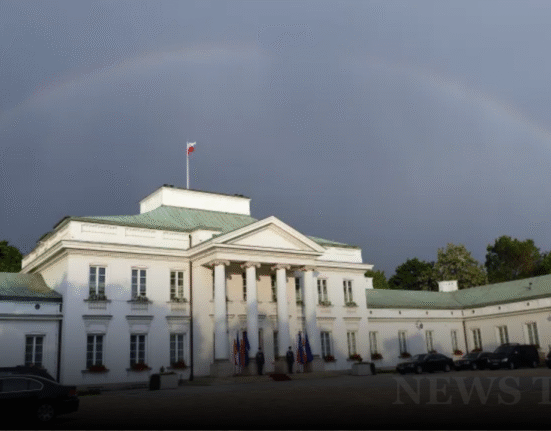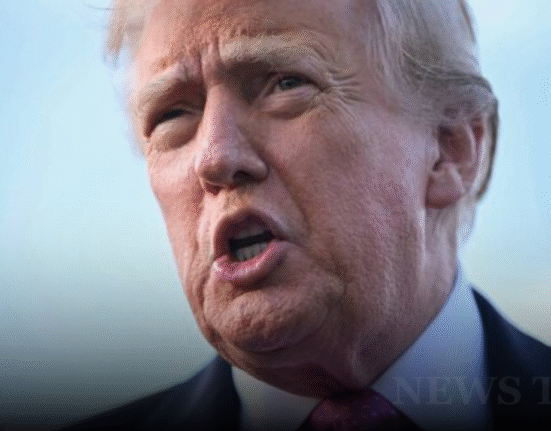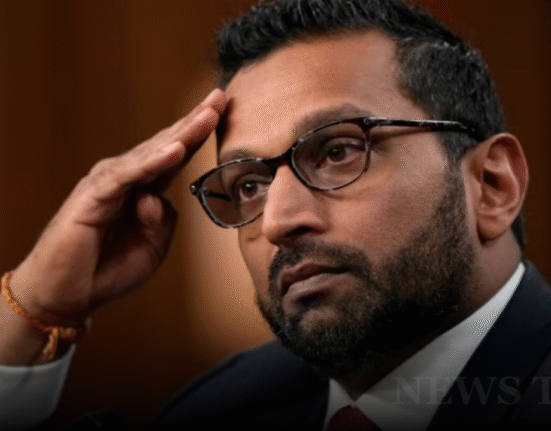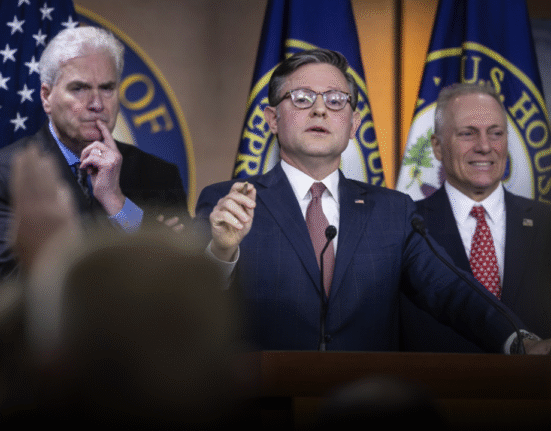
Trump’s Explosive White House Luncheon Speech Raises Eyebrows
In a headline-grabbing appearance at the first-ever White House Faith Office summit with business leaders, former President Donald Trump reminded Americans just how unpredictable he can be. What should’ve been a tightly focused discussion on faith-based initiatives quickly unraveled into an unscripted tirade on everything from transgender athletes to interest rates—peppered with expletives and attacks on both Democrats and Republicans.
As someone who has followed presidential addresses for years, I can tell you—this was anything but typical. From the moment Trump took the mic, the tone was unfiltered, emotional, and deeply personal.
What Was the White House Faith Luncheon Supposed to Be?
Purpose and Audience
The Faith Office summit, hosted at the White House with prominent business and faith-based leaders, was intended to be a space to:
- Discuss partnerships between government and faith organizations
- Promote charitable and religious outreach
- Showcase policy updates centered on religious freedom and community support
But in true Trump fashion, the prepared agenda was only loosely followed.
Trump’s Main Talking Points (and Tangents)
While he did mention the Faith Office in passing, the speech veered wildly from topic to topic:
Transgender Athletes and Gender Identity
Trump doubled down on his stance that “God created two genders,” and celebrated actions taken to limit transgender women’s participation in women’s sports:
“We’ve restored the fundamental principle that God created two genders, male and female. That was a tough one.”
- Crowd response: enthusiastic applause
- Critics: called the remarks harmful to the transgender community
The CDC, for comparison, states that sex is “assigned at birth and associated with anatomy and chromosomes,” acknowledging complexity beyond binary gender.
Attacks on Democrats and Faith
Trump portrayed the Democratic Party as hostile to religious Americans:
“They really wanted to take God and religion out of your lives.”
He insisted that his administration had ushered in a revival of religious values, claiming:
“God is once again welcomed back into our public square.”
Profanity in a Faith-Based Room
In an unexpected moment, Trump referred to his legal challenges as:
“Bull—-!”
He also called Federal Reserve Chair Jerome Powell a “knucklehead” and referred to other Republicans, including Mitt Romney and Rick Perry, as lacking intelligence.
While some in the room laughed nervously, others appeared visibly uncomfortable.
A Moment of Faith and Reflection
One of the few moments of personal vulnerability came when Trump recalled the one-year anniversary of the assassination attempt in Butler, Pennsylvania:
“I believe my life was saved by God to really make America great again.”
In this moment, the crowd’s reaction softened—applause mixed with solemn nods.
Trump’s Longstanding Relationship with Faith Communities
Trump has consistently courted evangelical and faith-based voters throughout his campaigns and presidency. Though his language can often contrast with traditional religious norms, many conservative Christians feel he champions their values.
Example: Franklin Graham’s Advice
Trump shared a light-hearted anecdote about Franklin Graham, president of Samaritan’s Purse:
“He told me, ‘I love what you do… but they’d be even better if you wouldn’t use foul language.’”
Trump said he tried to stop cursing but wasn’t sure it made the same impact.
The Broader Political Context
This speech wasn’t just about faith—it was a campaign speech wrapped in church clothes.
- Target audience: Conservative religious voters
- Underlying theme: Trump as the protector of religious freedom
| Issue | Trump’s Stance |
|---|---|
| Transgender Rights | Restrictive, binary gender policy |
| Religious Freedom | Pro-faith, anti-secularism |
| Legal Challenges | Claims of political persecution |
| Democrats | Framed as hostile to religion |
Critics Respond
Faith leaders and political commentators were quick to respond:
- LGBTQ+ groups: Called Trump’s remarks dehumanizing
- Moderate Republicans: Worried about the tone in a faith setting
- Progressive faith leaders: Argued true faith isn’t about exclusion
“You don’t need profanity to talk about God’s grace,” tweeted one pastor.
Supporters Rally Behind Him
Despite the backlash, Trump’s core supporters appeared energized:
- Social media was flooded with #OneNationUnderGod
- Conservative news outlets praised the speech for “boldness”
- Faith influencers continued promoting Trump’s agenda
The Faith Office: What Was Actually Said?
Surprisingly little.
The Faith Office was mentioned but not explored in-depth. The actual initiative, part of Trump’s larger policy to prioritize faith-based partnerships, aims to:
- Increase grants to religious nonprofits
- Encourage faith-based education programs
- Involve churches more in community health and welfare
But these points were overshadowed by off-script commentary.
Why It Matters: Religion, Politics, and the White House
The intersection of faith and politics isn’t new, but Trump continues to redefine how it’s approached at the presidential level.
- Positive takeaway: He’s energizing a key voter base
- Risk: Alienating moderates, independents, and minority groups
With 2024 approaching, this speech could either solidify Trump’s base or create further divides.
Conclusion: Freewheeling, Faith-Fueled, and Divisive
Whether you found it inspiring or offensive, Trump’s White House faith luncheon speech was anything but forgettable. His rhetoric, storytelling, and blunt delivery continue to drive headlines—and campaign momentum.
As we inch closer to the next election, one thing’s clear: the blend of faith, politics, and personality will be more intense than ever.






